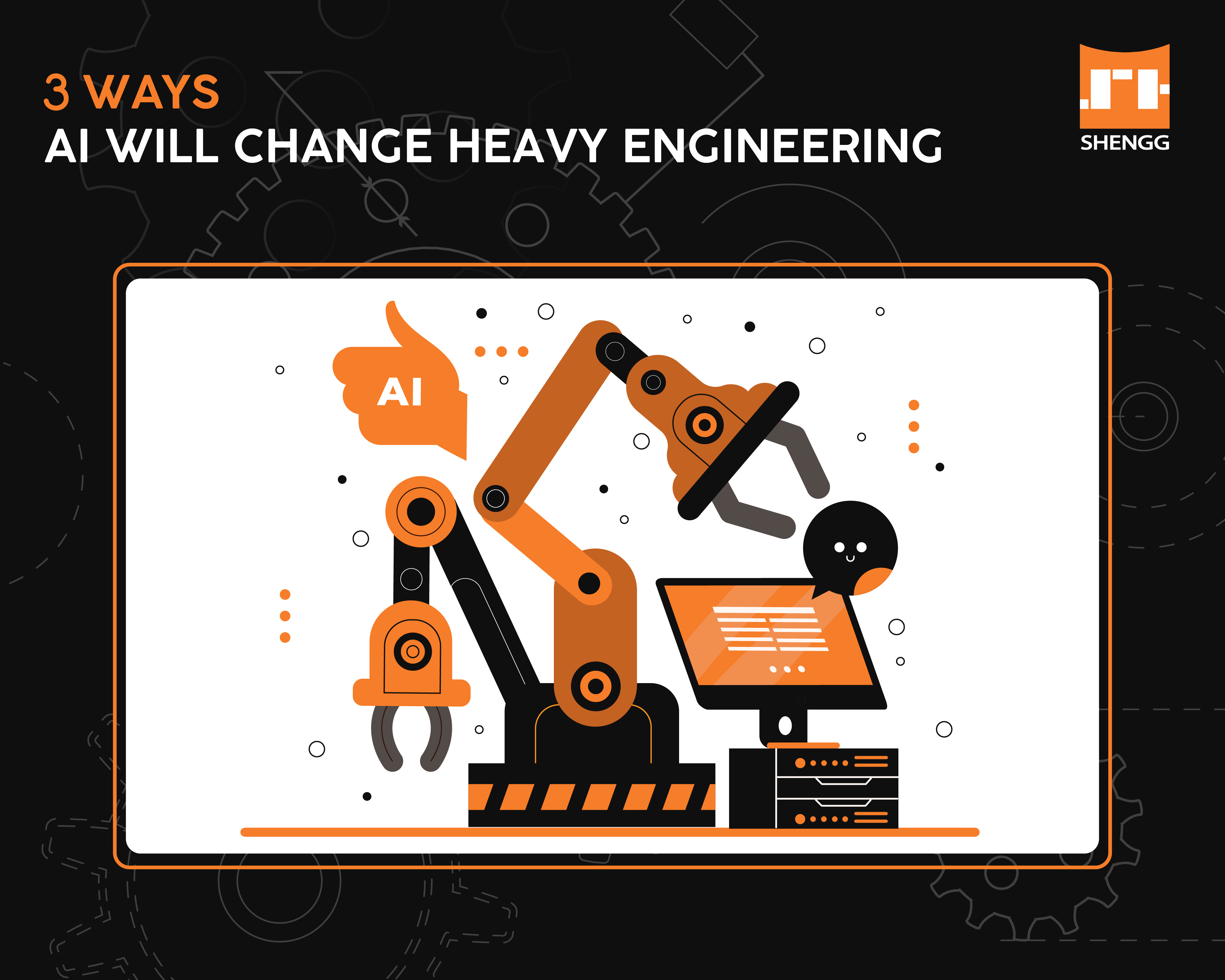3 Ways AI Will Change Heavy Engineering
Artificial intelligence (AI) has already revolutionised many industries, and heavy engineering is no exception. From automating production processes to improving quality control, AI has the potential to change the way heavy engineering operates. Here are three ways AI will change heavy engineering.
Improving Quality Control
AI technology can play a significant role in quality control. With the ability to analyse large amounts of data, AI can identify trends and patterns that would be difficult for humans to detect. This can help manufacturers identify defects and other quality issues early in the production process, preventing costly errors and improving overall product quality.
For example, in the manufacturing of pressure vessels, AI can be used to identify defects in welds, helping manufacturers to address issues before they become major problems. This not only improves the quality of the vessels but can also reduce the risk of accidents and ensure compliance with industry standards.
Optimising Production Processes
AI can be used to optimise production processes, leading to increased efficiency and reduced costs. By analysing data from production processes, AI can identify areas that can be improved, such as reducing material waste or improving the speed of production lines.
One example of how AI can optimise production processes is in the manufacturing of tanks and silos. By analysing data from sensors and other sources, AI can optimise the process of filling and emptying tanks and silos, reducing waste and increasing efficiency.
Predictive Maintenance
AI can be used to predict when equipment is likely to fail, allowing manufacturers to perform maintenance before a breakdown occurs. This can reduce downtime and prevent costly repairs.
In heavy engineering, this is particularly important for large and expensive equipment such as turbines, generators, and other machinery. Predictive maintenance can help manufacturers to identify when equipment is likely to fail, allowing for maintenance to be scheduled at a convenient time before a breakdown occurs.
In addition to these specific applications, AI can also help heavy engineering companies to improve safety, reduce waste, and improve overall efficiency. As the technology continues to advance, it is likely that we will see even more applications of AI in heavy engineering in the future.
AI is already changing the way heavy engineering operates, and the potential for further innovations is vast. By improving quality control, optimising production processes, and enabling predictive maintenance, AI can help heavy engineering manufacturers to reduce costs, increase efficiency, and improve safety. As such, it is essential for manufacturers to keep up with the latest developments in AI technology to ensure they remain competitive in the industry.



